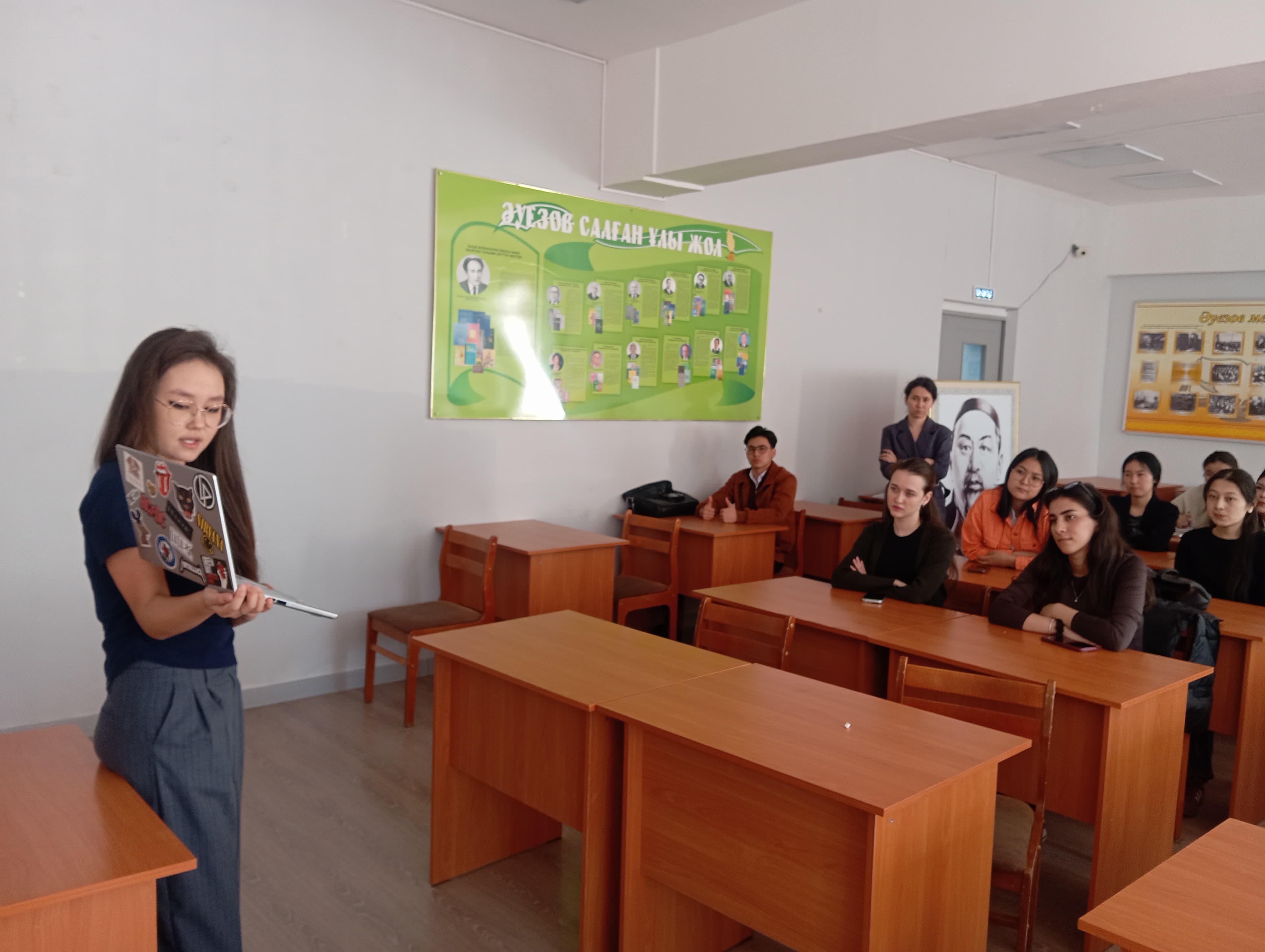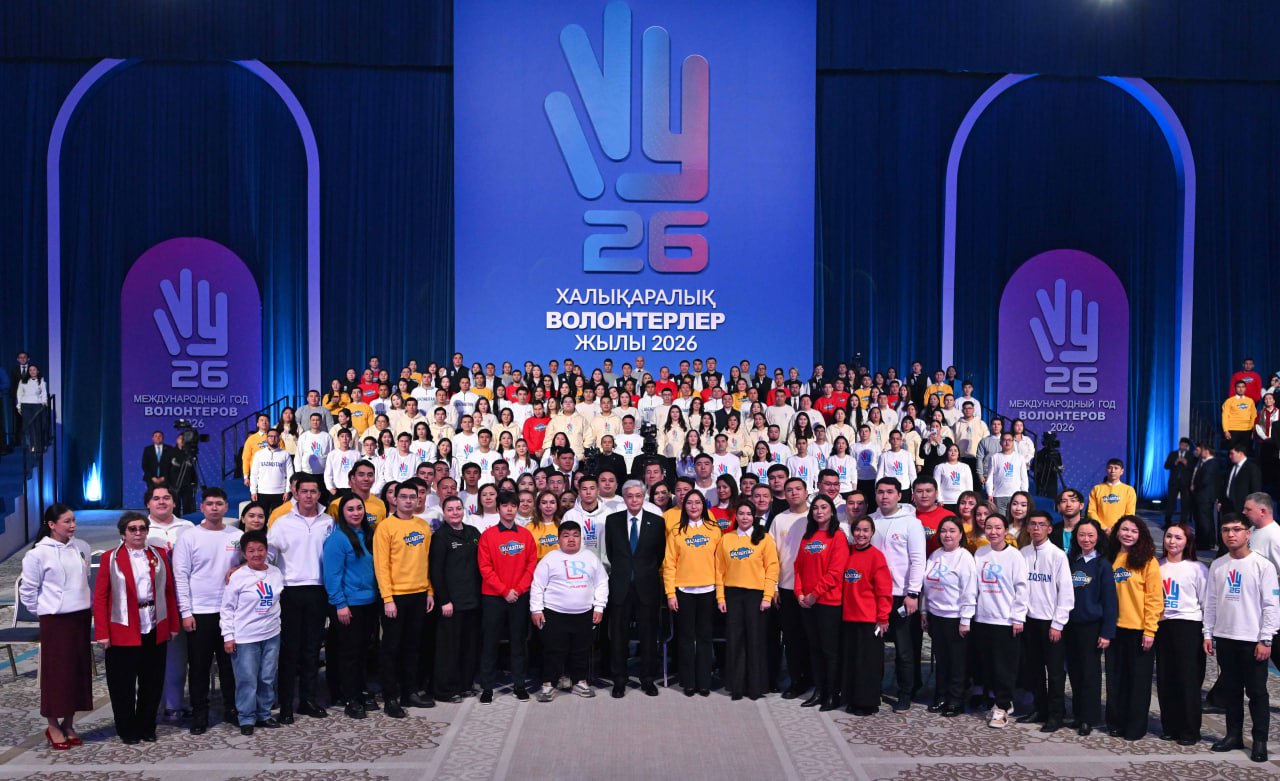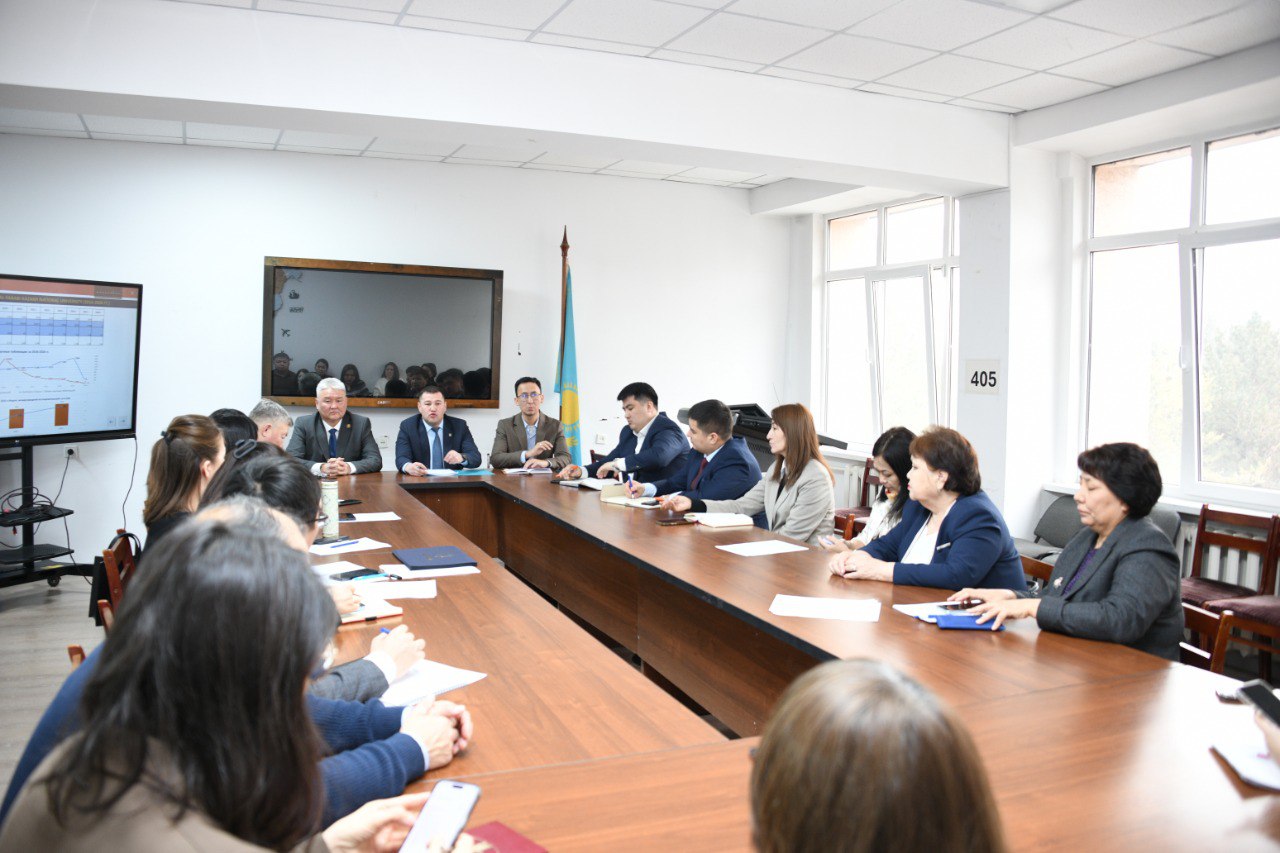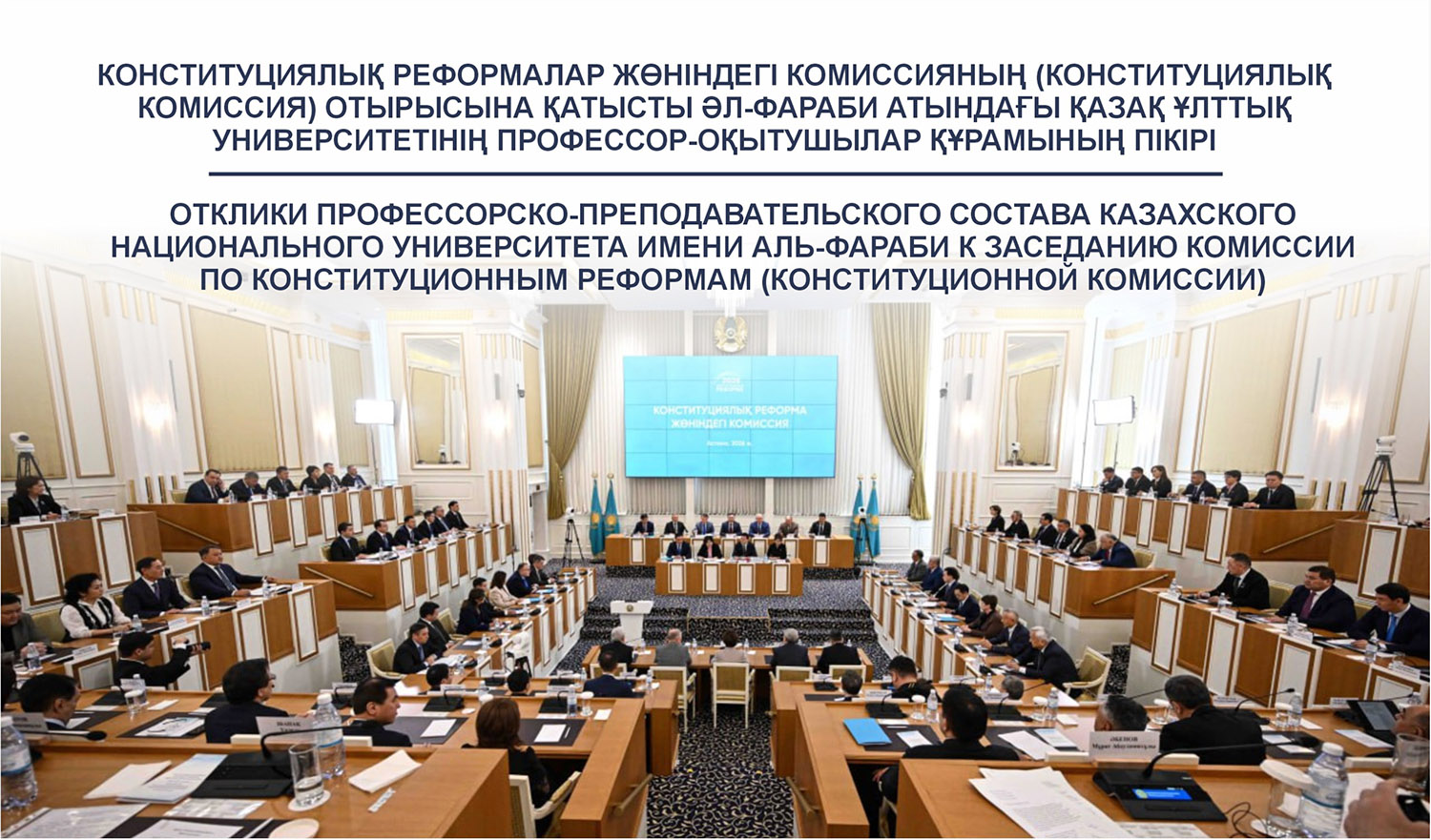Peace, Justice, and Strong Institutions

On April 11, 2025, Azhar Yessenbekova, the first-year Master's degree student in Foreign Philology, conducted a curatorial hour on the topic “Peace, Justice, and Strong Institutions” for the second-year students of the same specialty in the framework of SDG 16. The event was also attended by G. Tairova, senior lecturer of the Department of Foreign Philology and Translation and advisor to the student group.
The event highlighted how peace, justice, and effective institutions are essential pillars of sustainable development. Particular attention was devoted to how language both reflects and shapes societal attitudes toward justice and equality, not only in terms of gender, but also in race, ethnicity, and cultural background. It was emphasized that in linguistics, gender has long been studied as a sociolinguistic and pragmatic factor. However, recent scholarly discourse also encourages exploration into how racial and ethnic identities are constructed, perceived, and occasionally marginalized through language use. Participants were encouraged to adopt an intersectional lens — considering how race and gender intersect and influence communication, representation, and access to institutional power.
The discussion invited students to expand their research to encompass diverse linguistic disciplines, such as vocabulary studies, grammar, reference theory (language in relation to speaker identity), linguodidactics, linguoculturology, historical linguistics, and psycholinguistics — all with sensitivity to both gender and racial dynamics.
During the event, the organizers actively engaged students by asking them questions and encouraging them to share their thoughts. Students took part in the discussion with enthusiasm, which made the session both intellectually enriching and personally meaningful.
These insights are especially crucial in the field of English philology, where future professionals must be capable of identifying and addressing bias, promoting inclusive discourse, and fostering mutual respect. Language professionals play a vital role in building strong institutions by advocating for equity and cultural understanding in multilingual and multicultural contexts.
The event generated vibrant discussion and enthusiastic participation from students. Attendees were given a platform to voice their thoughts and perspectives, making the session not only intellectually enriching but also personally meaningful. The entire curatorial hour was conducted in English, enhancing students’ academic communication skills in a globally relevant context.
Organizers:
First-year master’s student in Foreign Philology Azhar Yessenbekova
Senior lecturer at the Department of Foreign Philology and Translation, G. Tairova


